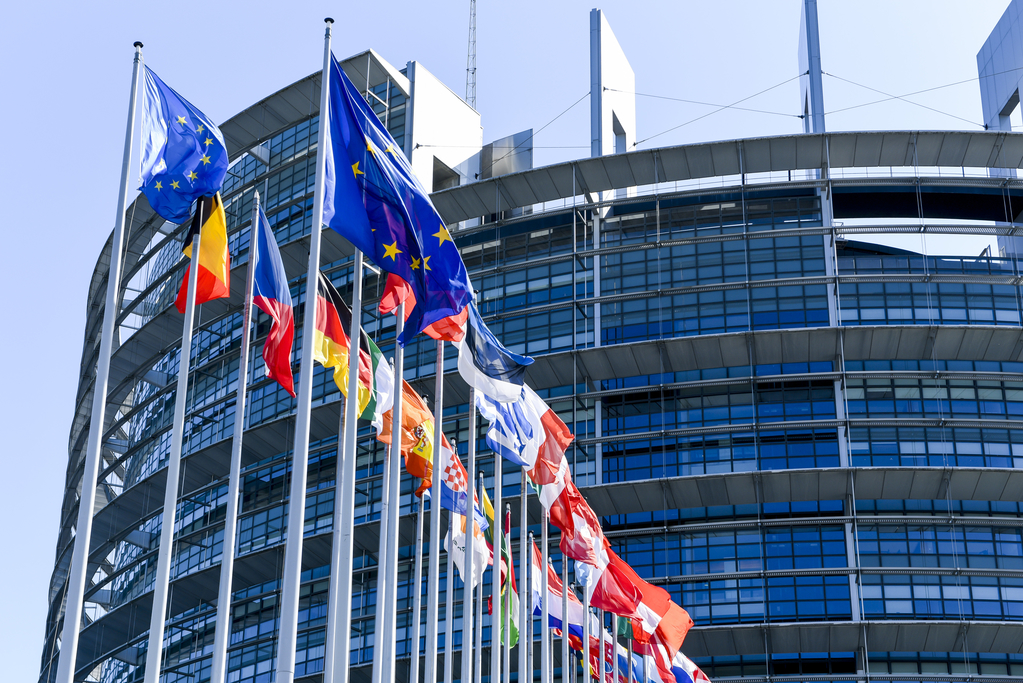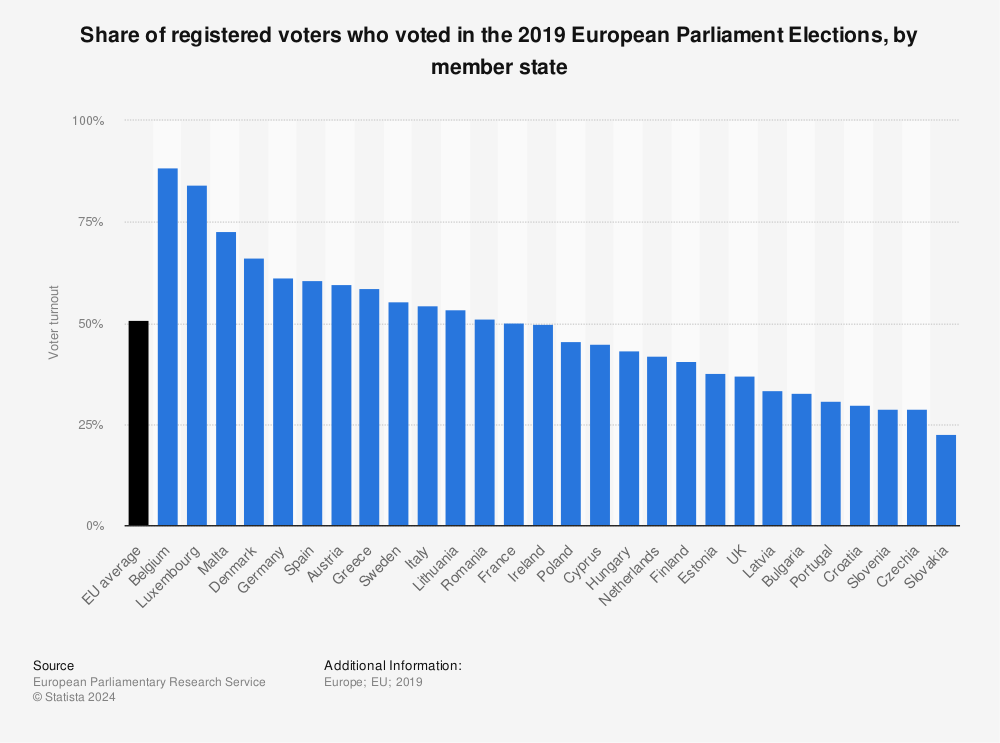Low voter turnout has been a problem in the elections to the European Parliament although the turnout in the previous elections in 2019 broke a decreasing trend and increased to an average of 50,7 %, albeit with significant differences by EU member states.
Action for Democracy (A4D), an American-based NGO founded in 2022 and committed to supporting democratic values globally, is determined to make a difference in the upcoming European Elections in June. This week it announced a new voter information website, eu2024.info, which is intended for the 13.7 million mobile EU citizens living and working in a member state outside of their home country.
By simply entering their country of nationality and country of residency, users gain access to specific information on how to participate in the elections. The information has been gathered from the national election authorities in each member state and is given in English and the language of the home country. In Belgium, the information has been translated to all three national languages in addition to English.
In addition to this digital initiative, A4D is also providing targeted grants to various European NGOs. In the latest round of grants, the A4D allocated grants to pro-democracy organizations in Austria, Germany Poland and Slovakia with a pan-European reach and for mobilizing mobile “diaspora” voter groups.
“Action for Democracy is dedicated to empowering individuals through nonpartisan initiatives that enhance democratic engagement,” said David Koranyi, President and Executive Director of Action for Democracy. “We view the European Elections as absolutely mission critical to the defense of democracy in Europe and beyond.
Voter turnout in the American presidential elections is also relatively low (ca 66 % in 2019) and citizens are disenfranchised by gerrymandering and difficulties in voter registration and identification when casting their vote. Why does an American organisation care so much about the European Elections?
"The answer lies in the interconnectedness of global democracy,” David Koranyi, himself of Hungarian origin, told The Brussels Times. “Defending democracy in Europe is inseparable from safeguarding democracy everywhere."
“In an era where the rise of authoritarianism and the erosion of democratic norms transcend borders, the health of democracy in one region has reverberating effects worldwide. The EU stands as a beacon of democratic values, and its elections serve as a litmus test for the resilience of democracy in the face of mounting challenges in the US as well.”
In the previous European Elections, Belgium excelled with the highest voter turnout (88,5 %) because voting in the elections was mandatory for Belgian citizens (and EU citizens in Belgium who registered to vote) and still is. The voter turnout in Hungary (43,4) and Poland (45,7 %) were well below the average (50,7 %). Less than 30 percent voted in Slovakia, Czechia, Slovenia, and Croatia.
M. Apelblat
The Brussels Times


